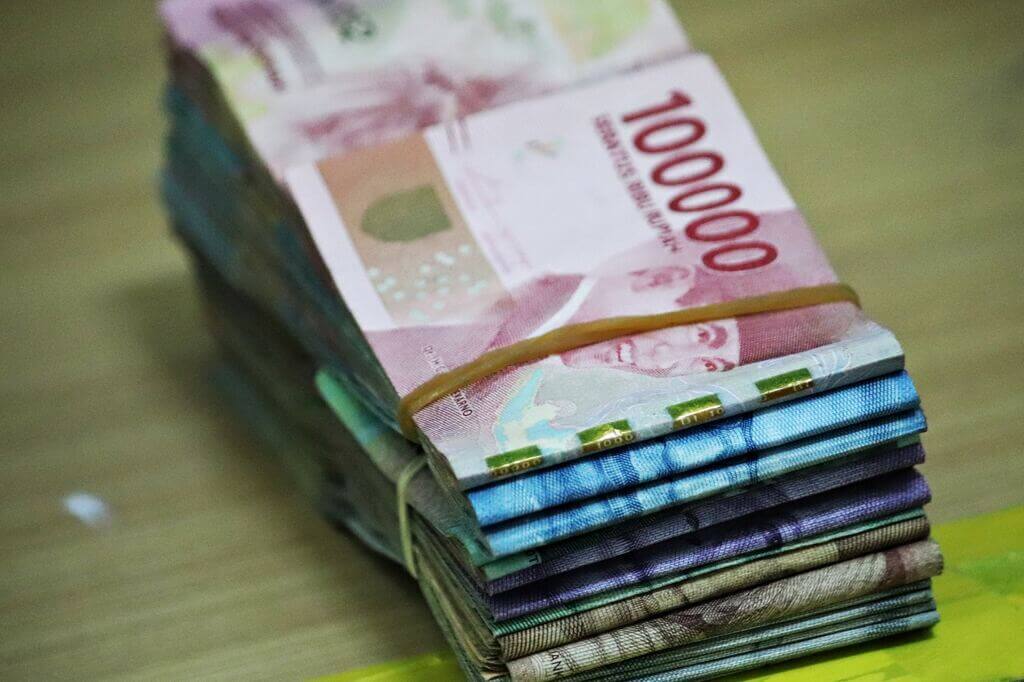Fluctuating rupiah drives uncertainty
The value of the Indonesian currency, the rupiah, has been experiencing significant fluctuations lately due to various factors such as geopolitical tensions in the Middle East and a lack of fresh economic data during the Eid al-Fitr holidays. This instability has caused concern among both local and international stakeholders. The unpredictable nature of the rupiah’s exchange rate presents a challenge for businesses and investors who need to plan their finances carefully to avoid potential losses. Therefore, they need to brace themselves for potential shifts that could affect their investments and returns.
Dollar debts dampen developers’ dreams
Indonesian property companies such as PT Modernland Realty Tbk (MDLN), PT Agung Podomoro Land Tbk (APLN), PT Alam Sutera Realty Tbk (ASRI), and PT Bumi Serpong Damai Tbk (BSDE) are facing a serious problem due to the weakening rupiah. These companies have significant obligations that are denominated in US dollars, which means that they are now dealing with increased costs related to interest payments and debt servicing.
As the rupiah continues to depreciate, the local equivalent of their debts increases, leaving them with financial difficulties and limiting their ability to invest and expand. This situation is not only challenging for the companies but also a warning sign for potential investors, who need to consider the increased financial risk caused by such currency mismatches.
Opportunities amidst challenges
Although there are some challenges, not all news is negative. There are certain areas in the property market that still offer profitable opportunities for smart investors. Companies like ASRI and BSDE are noteworthy for their low debt ratios and attractive stock valuations. This suggests that if you are selective, you can find potential investment opportunities that are undervalued. Additionally, the energy and commodities sectors are likely to benefit from the rupiah’s depreciation, which presents alternative investment avenues.
The Indonesian property market is currently experiencing a surge in interest from expats, particularly in the residential segments of Bali and Jakarta. This rise in demand is due to significant price increases in strategically priced homes, which has caught the attention of international investors who are looking to capitalize on the dynamic market conditions.
Foreign investors looking to invest in Indonesian property need to have a good understanding of the macroeconomic factors and the risks associated with it. The current volatility of the rupiah highlights the need for thorough due diligence and the potential need for hedging strategies to manage currency risk. Despite the challenges, Indonesia’s property market still presents significant opportunities for investors who can skillfully navigate the complexities of investing in a fluctuating economic environment.







